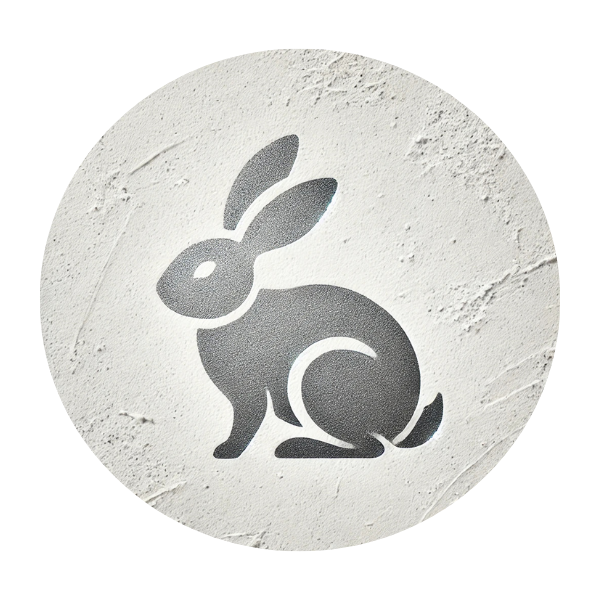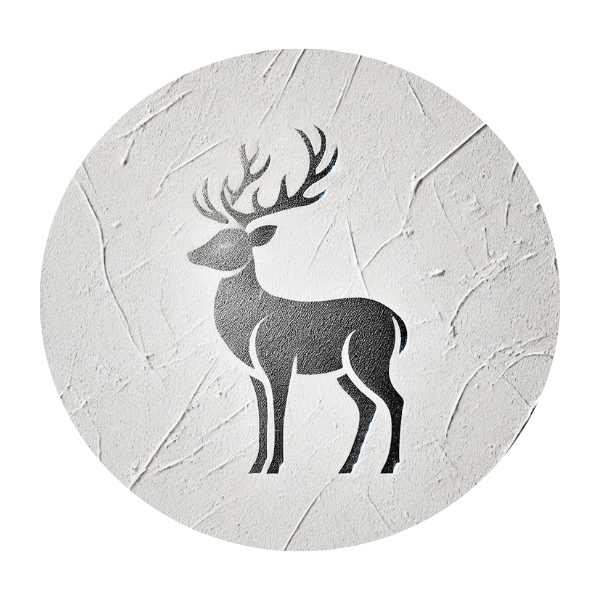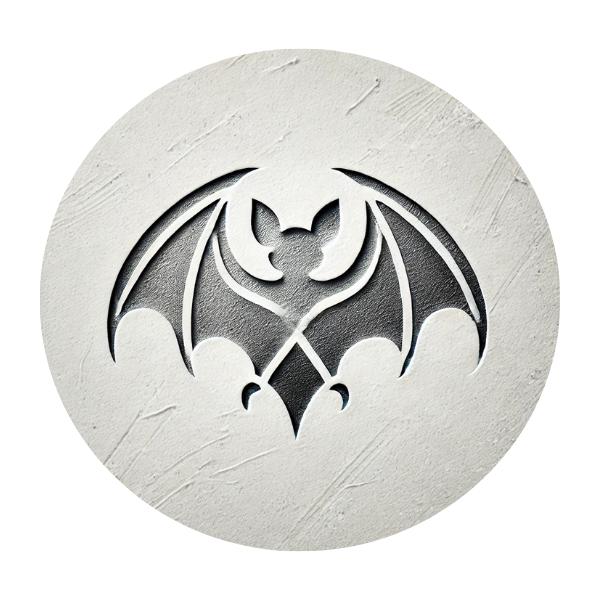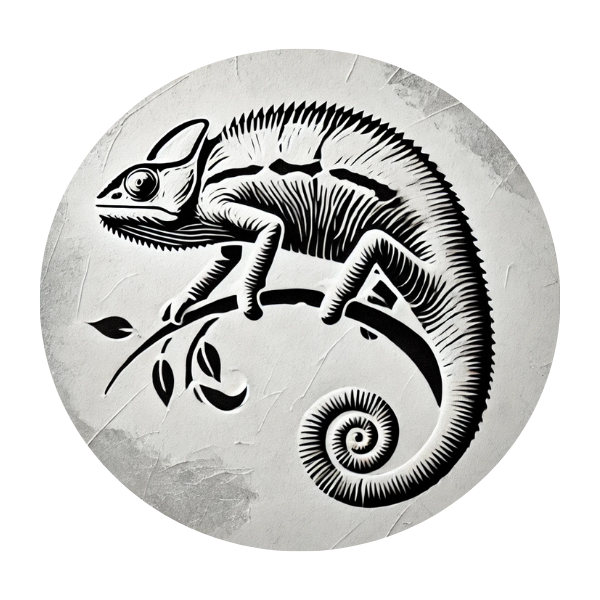DOUBT
I explore my doubts with curiosity, transforming uncertainty into confidence
WHAT IS DOUBT?
A state of uncertainty or lack of conviction, often leading to hesitation or questioning.
Synonyms: Insecurity, Hesitancy.
Antonym: Confidence
“Doubt kills more dreams
than failure ever will.”
Suzy Kassem
HOW TO RECOGNIZE DOUBT IN OTHERS
AND ONESELF
HOW TO RECOGNIZE
IN OTHERS
Body Language
Shifting weight, fidgeting,
hesitant gestures
Facial Expressions
Raised eyebrows, slightly pursed lips,
uncertain expression
HOW TO RECOGNIZE
IN ONESELF
In the Body
Tightness in the chest or stomach,
restlessness
In the Mind
Conflicted or questioning thoughts,
difficulty making decisions
HOW TO RECOGNIZE DOUBT IN OTHERS
AND ONESELF
HOW TO RECOGNIZE
IN OTHERS
HOW TO RECOGNIZE
IN ONESELF
Body Language
Shifting weight, fidgeting,
hesitant gestures
In the Body
Tightness in the chest or stomach,
restlessness
Facial Expressions
Raised eyebrows, slightly pursed lips,
uncertain expression
In the Mind
Conflicted or questioning thoughts,
difficulty making decisions
When does self-doubt protect me,
and when does it hold me back from growth?
TIPS AND TRICKS ON HOW TO DEAL WITH THIS
EMOTION

Practice Mountain Pose (Tadasana) to feel grounded and steady, reducing feelings of doubt.

Flow through the Tai Chi movement “Parting the Wild Horse’s Mane” to build clarity and inner trust. Let each step and gesture open a path forward, dissolving self-doubt with graceful intention.

Look into a mirror and say, \"I believe in myself,\" reinforcing confidence in your choices.

Write down your doubts and explore evidence for and against them to gain clarity and perspective.

Focus on the indigo light of your Third Eye Chakra, encouraging trust in your intuition.

Walk a labyrinth or create a simple path to walk meditatively, focusing on resolving inner doubts with each step.
CURIOUS FACTS ABOUT DOUBT
ANIMALS ASSOCIATED WITH DOUBT
Different animals are associated with different emotions in different cultures. Flip the coins to found out more:




